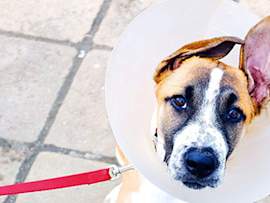Other topics
Mixed Dog Breeds: Understanding Hybrid Dogs & Mutts

Best Large Dogs for Apartments: Apartment-Friendly Large Breeds
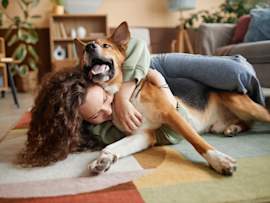
What Is the Least Adopted Dog?

Should You Bury or Cremate Your Pet? How to Decide What's Right
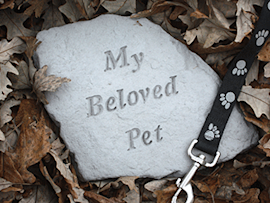
What Is a Mutt Dog? What is a Mutt Breed?
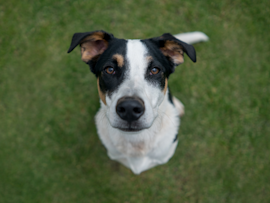
Best Big Dog Breeds
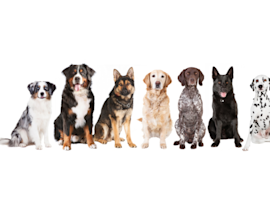
How Much Do Dogs Cost? Real Dog Prices from Purchase to Lifetime Care
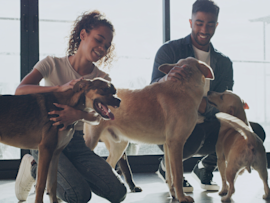
The Best Low-Maintenance & Small Dog Breeds for Seniors

Dog Years: How Do You Calculate Dog to Human Years?

2025's Top 100 Boy Dog Names + Extra Male Dog Name Ideas

Female Dog Names: Cute and Unique Names for A New Girl Puppy

Best Dog Name Ideas: Cute Puppy Names & Popular Dog Names for Boy or Girl Dogs

Cat Names: Cute, Funny Name Ideas for Male & Female Cats

Do Dogs Dream? What Do Dogs Dream About When They Twitch?
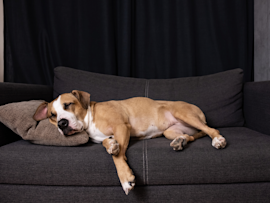
Most Popular Dog Breeds 2024: The Most Common Dogs

Teddy Bear Dogs: Uncover the Charm of Teddy Bear Dog Breeds

Cheap Dog Breeds: Affordable Companions

The Best Dog Breeds for First Time Owners: Your Best First Dog
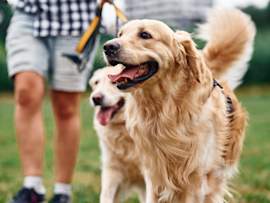
Low Energy Dogs: Couch Potato Canines for Relaxed Lifestyles

Small Dogs: The Perfect Tiny Dog Companions for You

Cute Puppy Names: Find the Best Puppy Name for your Little Dog

Does Pet Insurance Go Up Every Year? Navigating Pet Insurance Premiums as Your Pet Ages
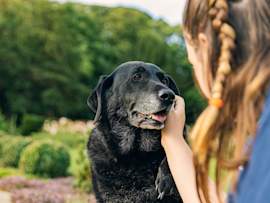
Irish Names for Dogs: Unique Male, Female, and Gaelic Irish Dog Names

Rottweiler Facts: Fun Facts and Essential Information About Rottweilers
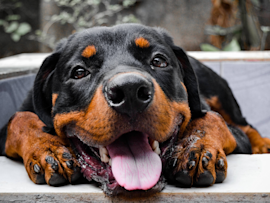
A Guide to the Best Midsize Dogs for Apartments

7 Fun Facts You Probably Didn't Know About Labrador Retrievers
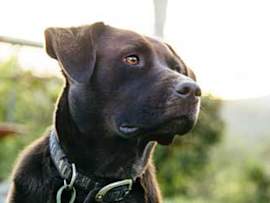
How to Know if Your Dog's Anal Glands Need Expressed?

When It Is Time to Say Goodbye: How to Know When to Put Your Dog or Cat Down
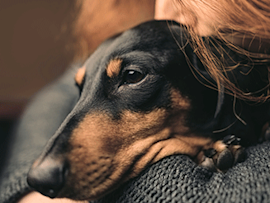
7 Ways to Save on Pet Medications

Adverse Vaccine Reactions in Pets
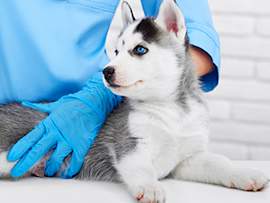
8 Fun Facts You Probably Didn't Know About English Bulldogs

How to Make Your Dog a Service Dog: Service Dog Registration and Certification Guide
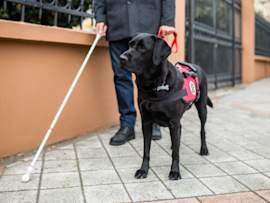
How to Get Rid of Fleas on Dogs: Flea Treatments for Dogs That Work
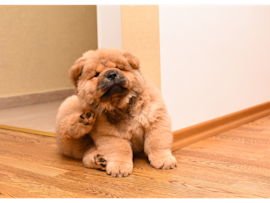
The Best Small Dogs for Apartments: Adaptable, Friendly, & Low-Maintenance Dogs for Apartment Living

Getting Rid of Dog Pee Smell from Carpet, Couches & More
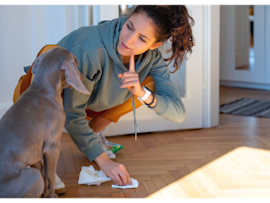
How Pet Insurance Helps Combat the Rising Costs of Pet Care
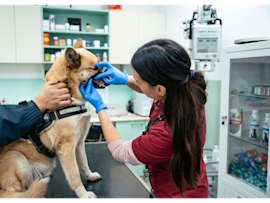
How Do Dogs View Humans: Understanding How Your Dogs Sees You
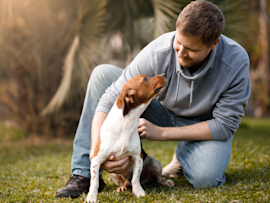
Golden Retriever Facts: Fun & Interesting Facts About Golden Retrievers

Tibetan Mastiff: An In-Depth Look at Mastiff Dogs
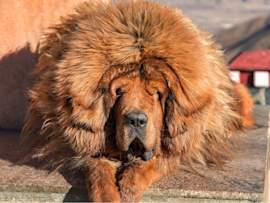
Dog Vision vs Cat Vision Vs Human Vision: Can Cats, Dogs or Humans See Better?
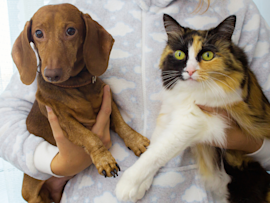
How Much Are Cocker Spaniels? Cocker Spaniel Price Guide
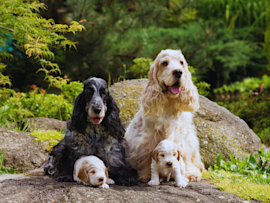
Mexican Dog Breeds: Famous Dog Breeds from Mexico

Funny Cat Names: Weird, Silly, and Clever Name Ideas for Cats & Kittens
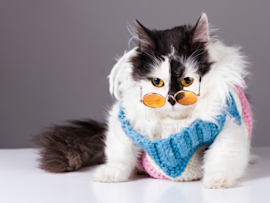
Funny Dog Names: Goofy, Silly Male & Female Pet Names
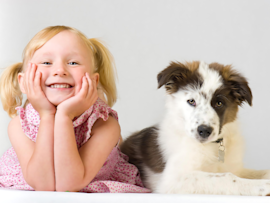
How Much is it to Adopt a Dog? Pound, Shelter & Rescue Fees for Dogs
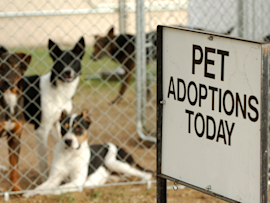
Most Expensive Dog Breeds: What are the Most Expensive Dogs?

Black Dog Names: Unique, Male & Female Names for Black Dogs
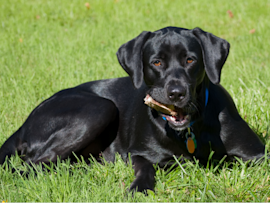
Can I claim my Dog on my Taxes? Exploring Claiming Your Dog as a Dependent
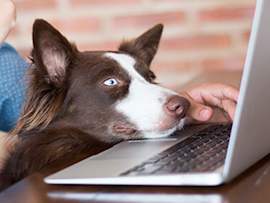
Cane Corso Puppies: Understanding Pricing and Expenses

How Much are French Bulldogs?

Best Apartment Dogs: Top Dog Breeds for Compact Apartment Living

How to Find the Best Pet Health Insurance Policy That Fits Your Needs
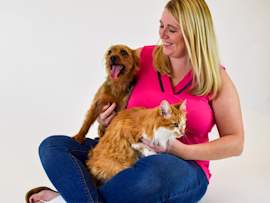
What Does Pet Insurance Cover?
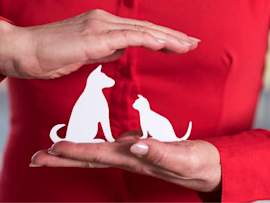
Pure Bred vs Mixed Breed Dogs

Should I wait until after the spay or neuter to insure my dog?

Cool Cats: Most Popular Cat Names and Claims

All About Guide Dogs for the Blind
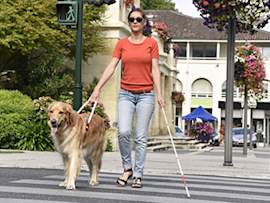
Make Your Pet Instagram Famous

What to Do When Your Pet Dies at Home
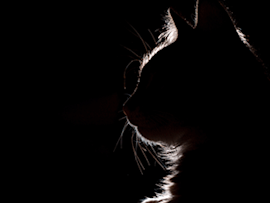
Hypoallergenic Dogs: 10 Best Breeds for People with Allergies

6 Fun Facts You Probably Didn't Know About French Bulldogs

8 Fun Facts You Probably Didn't Know About Yorkshire Terriers

5 Fun Facts You Probably Didn't Know about Beagles

6 Fun Facts You Probably Didn't Know About Poodles
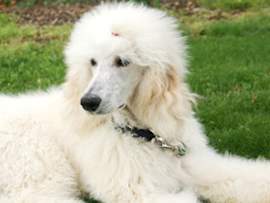
The Magic of Animal-assisted Therapy
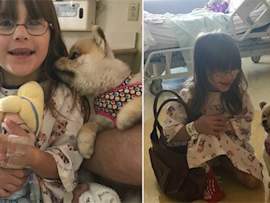
Pet Guardianship vs. Ownership: Are you your pet’s owner… or guardian?
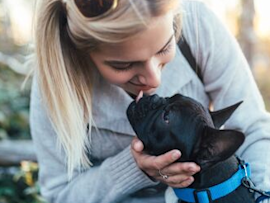
When Veterinarians Make Mistakes
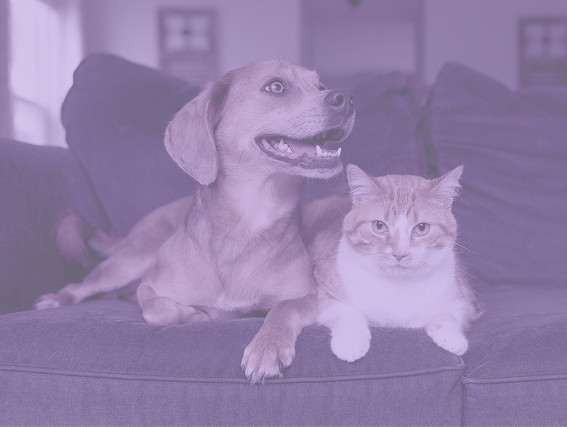
The Vaccine Volume Debate: Does Size Really Matter?

Low-cost Spay/Neuter Clinics vs. Your Local Vet
